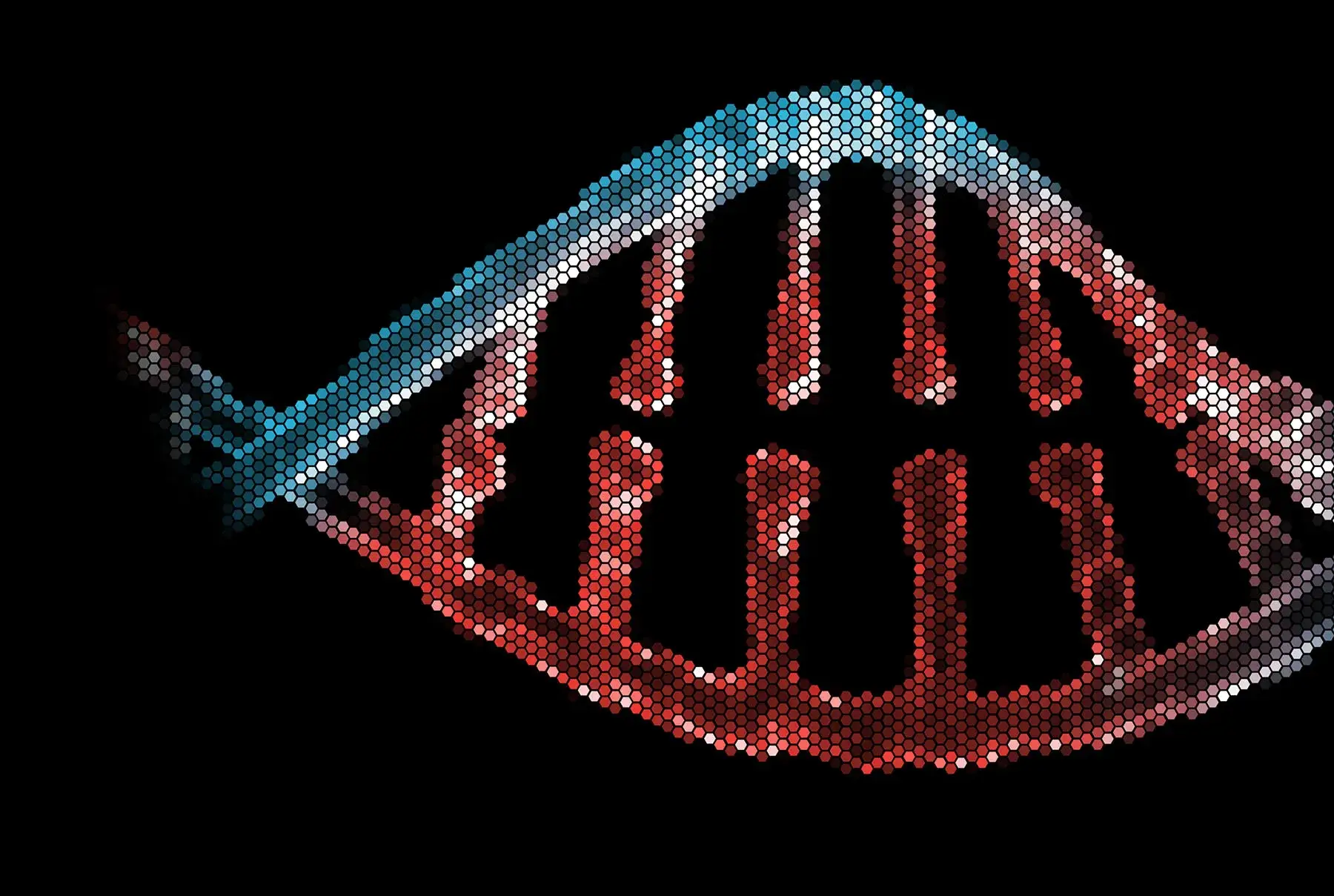FutureHouse, a San Francisco-based nonprofit backed by Eric Schmidt, announced the launch of 4 AI tools to boost scientific research.
These tools automate tasks like literature searches and experiment planning, aiming to speed up discovery. The initiative is led by CEO Sam Rodriques and Head of Science Andrew White.
New AI Tools for Science
FutureHouse introduced a platform and API featuring four AI tools named Crow, Falcon, Owl, and Phoenix. Each assists researchers by handling specific scientific tasks more efficiently.
- Crow: Searches scientific literature and answers related questions.
- Falcon: Performs deeper searches across scientific databases.
- Owl: Identifies previous work in given subject areas.
- Phoenix: Helps to plan chemistry experiments.
These tools are designed to work together, allowing scientists to combine them to accelerate their research process.
Purpose and Challenges
FutureHouse developed these AI tools to build what they call an “AI scientist” that automates various stages of scientific research. They focus on biology to impact medicine, food security, and climate concerns.
The organization notes that although these tools bring advantages, including access to a large set of open-access papers, they have yet to produce a groundbreaking scientific discovery.
FutureHouse acknowledges ongoing challenges in AI’s ability to perform complex scientific problem-solving reliably, especially with tools like Phoenix potentially making mistakes. The company encourages users to provide feedback for rapid improvement.
Significance
The release signals a step forward in using Artificial Intelligence for science. The tools aim to reduce time spent on manual research tasks, potentially making scientific work faster and more accessible.
Many companies and research groups are exploring AI’s role in science. Google’s recent AI co-scientist project and industry experts assertions highlight AI’s potential in medicine, though some experts remain cautious about its current reliability.

Leave a Reply